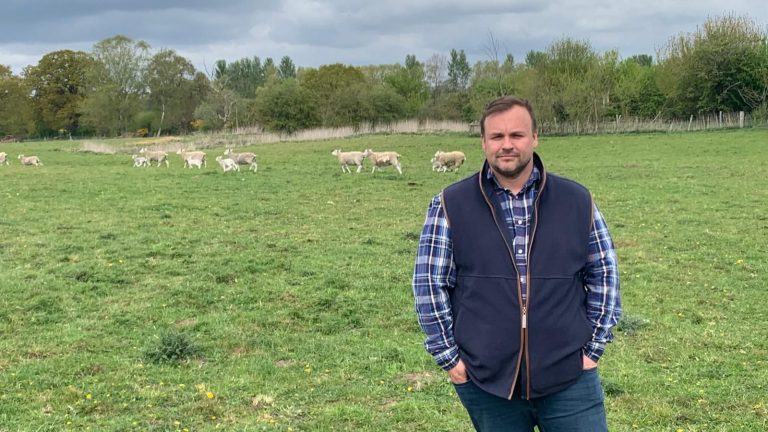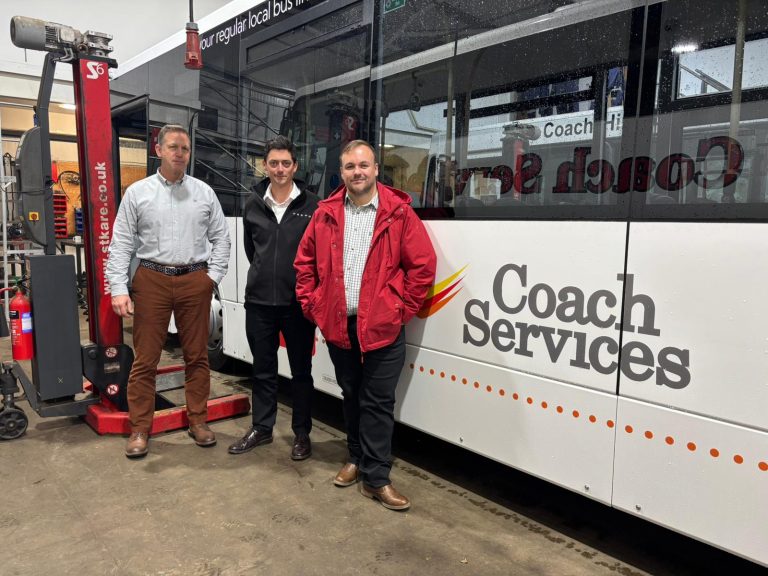Watch Terry Jermy MP speak in Parliament about the Cages and Crates for Farmed Animals
Every year in the UK, over 7 million farmed animals are confined to cages for all or part of their lives. 20% of the UK’s eggs are produced in these cages.
Barren battery cages and ‘enriched’ battery cages – in which hens have around the space of an A4 sheet of paper each – remain legal.
In farrowing crates and temporary crates, sows are unable to turn around, nestle their piglets or express natural rooting or nest-building behaviours. These restrictions lead to severe welfare problems for both sows and piglets.
Many of these crates and cages prevent key natural behaviours.
Fortunately, all of the major UK supermarkets have either already stopped selling eggs from caged hens or have committed to do so by the end of 2025. However, once these commitments are realised, it is estimated there will still be around 10% of the UK’s hens remaining in cages. 10% too many.
As I have mentioned in this Chamber recently and as reported in the Guardian last week, my Freedom of Information requests found that industrial farms had broken environmental regulations nearly 7,000 times in less than ten years.
And that includes regulations in relation to animal welfare. For example, a farm was found to be stocking than 400,000 animals instead of the permitted 357,000. The permitted amounts are already very high so any increase on this amount will cause distress for the animals. And given the numbers involved, I really do worry about routine overcrowding and a lack of regulation.
A new report from the National Audit Office (NAO) published only this month on “animal resilience” revealed the serious gaps in the UK’s ability to respond to major animal disease outbreaks including bird flu and foot and mouth, which have cost my constituency farms millions of pounds. We must recognise that human health and animal health are inextricably linked.
It feels like we are at a watershed moment in this country, and we need a serious question about how what kind of farming we want to pursue in 2025 and moving forwards.
Farmers are under increasing pressure from a whole range of factors – disease, profitability, climate change, drought and more. Most farmers I know in my South West Norfolk constituency care passionately about their animals and they want to do all they can to improve welfare conditions, but they need support with the transition. This fundamentally comes down to fairness about finances when it comes out phasing this practice for farmers.
The NFU estimate a cost of £5-£8k to replace each of the 60,000 conventional farrowing places currently in use.
This transition must be supported by the market and some sort of financial provision or incentive either by infrastructure grants or via the supply chain in order to make it viable for producers and not push businesses out of pig production.
It is crucial the transition is staged, and well-funded by UK and devolved governments to support our farming communities.





